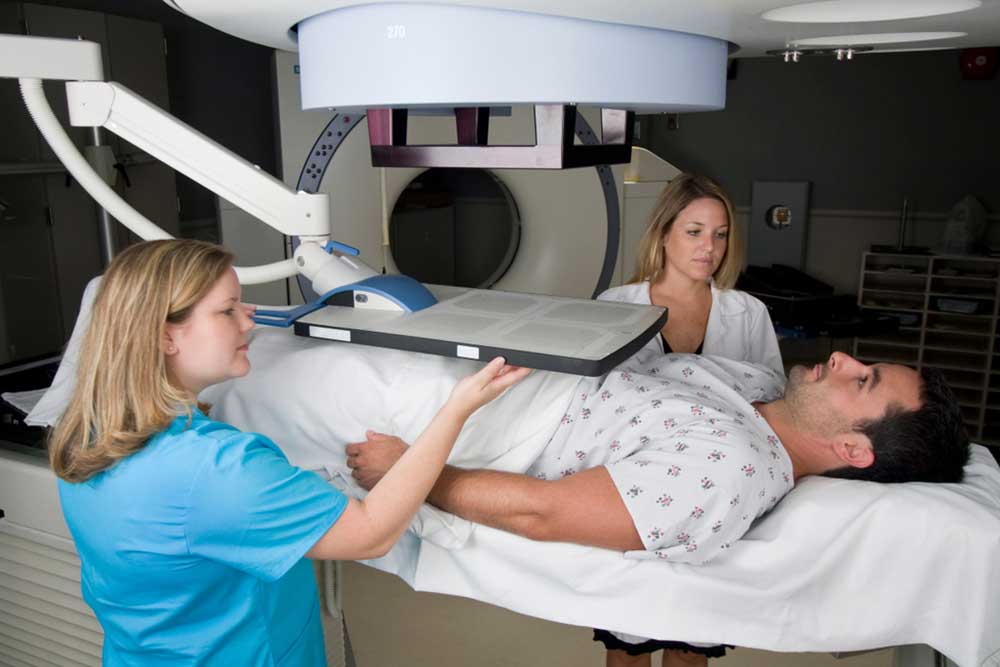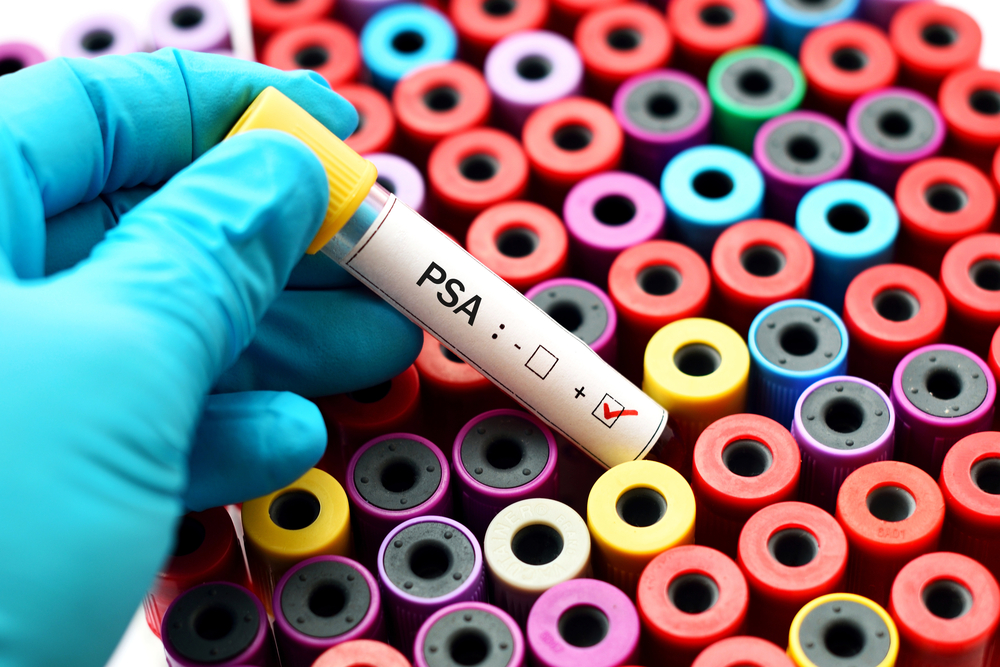6 signs and symptoms of prostate cancer
Prostate cancer is a form of cancer that affects the prostate gland, which is a part of the male reproductive system. The primary function of this small and walnut-shaped gland is to produce seminal fluid that nourishes and transports sperm and controls urination. This common form of cancer is easy to treat if it is diagnosed in the early stages, that is, while it is still confined to the prostate gland.

Difficulty in urination
As prostate cancer affects the gland that helps men control urination, patients experience symptoms like difficulty in passing urine. This form of cancer can cause a burning sensation and pain during urination as well as lead to dribbling of urine after emptying the bladder. Patients may even feel the urge to urinate but may not be able to start passing urine. Additionally, prostate cancer can lead to a frequent urge to urinate at night. Blood in the urine is another sign that should not be ignored.
Onset of incontinence
Prostate cancer can lead to the onset of urinary and fecal incontinence. Incontinence is a condition in which a person is unable to control the movements of their bladder and bowels. This causes urine or stools to leak involuntarily. Incontinence can also be caused due to other medical conditions, so it is best to have a doctor diagnose if prostate cancer is the cause of this symptom.
Reproductive problems
Prostate cancer affects a man’s ability to maintain an erection. It can also lead to extreme pain during ejaculation. The semen may also have traces of blood.
Bone pain
In the advanced stages, prostate cancer spreads to other parts of the body and can cause extreme pain. One of the symptoms of prostate cancer is a pain in the femur, ribs, and pelvic region. This pain is indicative of bone weakness and can also lead to a patient getting fractures quite easily after falls. Prostate cancer can spread to the spinal cord and compress the spine, which can lead to severe back pain.
Weight loss
The onset of prostate cancer is often accompanied by sudden weight loss. Yet weight loss on its own can be indicative of other conditions like diabetes as well. It is best to consult a doctor when one faces sudden, unexplainable weight loss to rule out cancer.
Enlarged prostate
Prostate cancer causes the prostate gland to swell up, leading to discomfort and pain, even while sitting.




